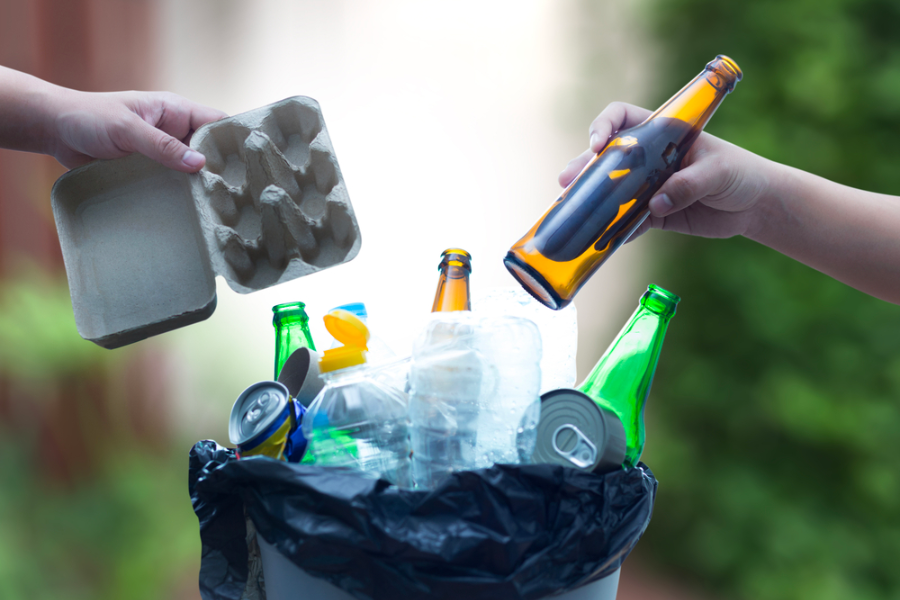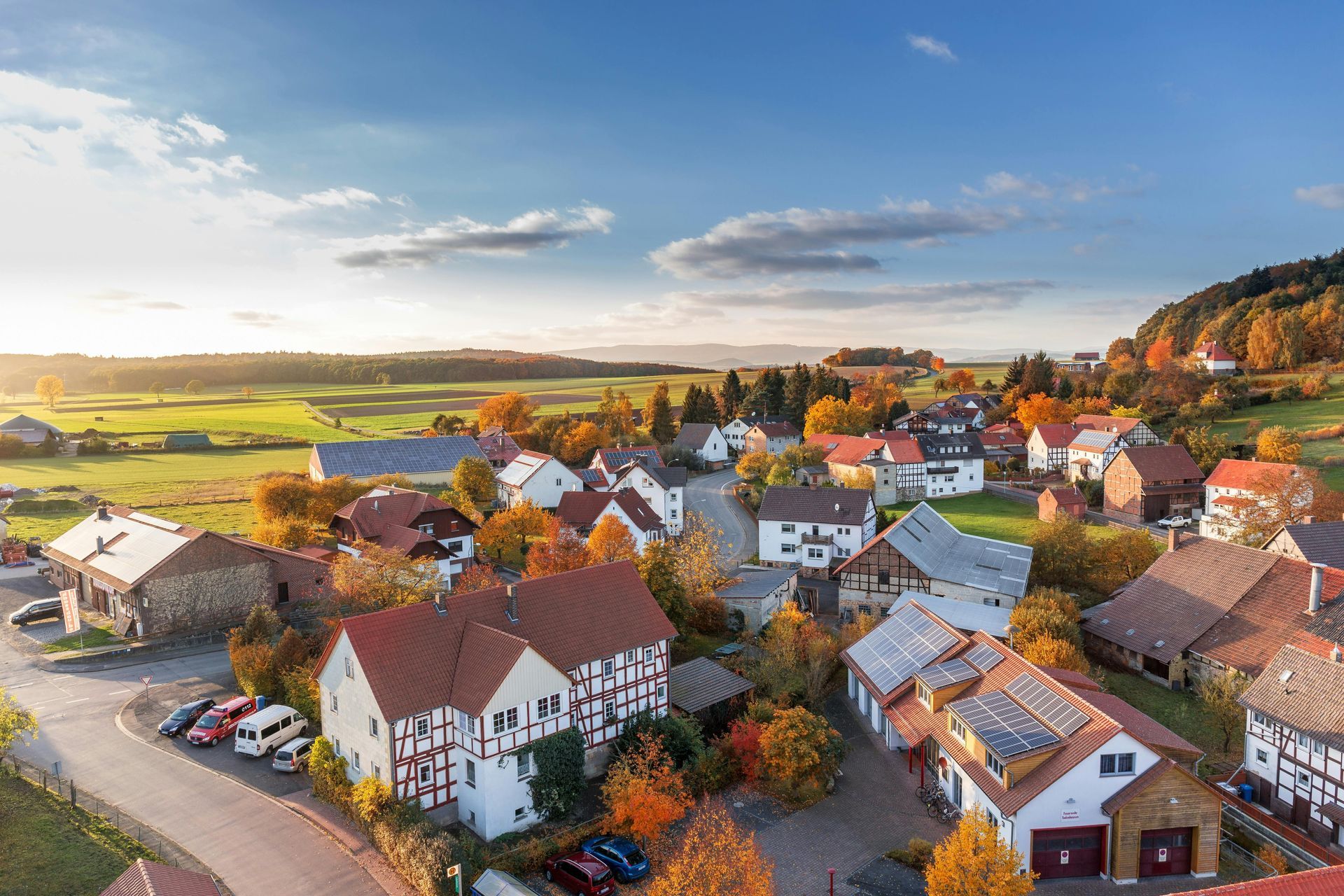Northeast commodity values for Q2 reach 2-year high
Resource Recycling
Average commodity prices for April-June 2024 were higher by about 40% on the year, marking their highest level since the second quarter of 2022, according to the latest MRF Values Survey Report from the Northeast Recycling Council.
Compared to Q2 2023, average values per ton for residential blended recyclables rose by 37.6% without residuals to $117.84, and by 41.4% with residuals to $108.83. Two years ago, in Q2 2022, these values were at $85.63 and $76.99, respectively.
The survey results are in line with comments made by haulers in their Q2 investor calls, in which WM and Republic Services reported quarterly commodity prices that were 45% to 57% higher than a year ago.
Compared to Q1 2024, average values rose by 6% with residuals and by 5% without. The survey used data from 15 respondents on commodities including post-consumer glass, aluminum, paper, cardboard and plastics.
Starting in late winter 2022, both recycled and virgin plastics value chains were reaching all-time highs as the start of the war in Ukraine disrupted global trade flows, particularly for crude oil and gasoline. In addition, forecasts for record summer gasoline consumption drove up prices at the pump, ultimately hampering demand from drivers.
Producers of PET – the most commonly recycled plastic – must compete with refiners for volumes of certain chemicals that are used both in making plastics and as additives for gasoline.
Of the responding MRFs, 10 were single-stream and five were dual-stream/source-separated. For the quarter, single-stream commodity values per ton rose by 11% to $122.93 without residuals, and dual-stream/source-separated commodities fell by 14% to $108.55.
The quarter-over-quarter increase was due to national and regional trends, the report said.
NERC supports recycling market development and other improvements in an 11-state region that includes Connecticut, Delaware, Maine, Maryland, Massachusetts, New Hampshire, New Jersey, New York, Pennsylvania, Rhode Island and Vermont.
Share Post





